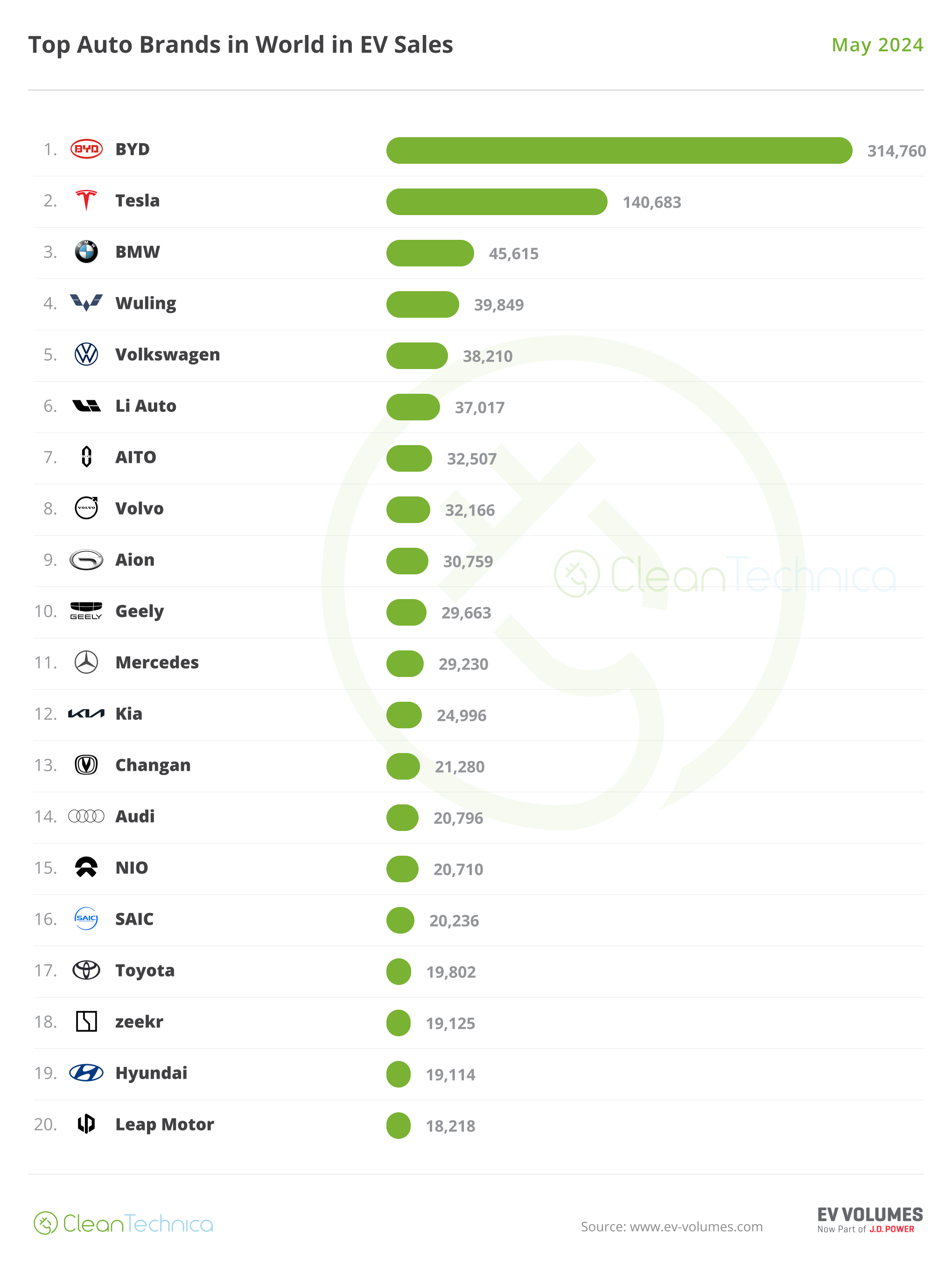
In the US, a masculine theme of identity and what a car means symbolically to the individual has been a fast equation to males. Across generations, a car has represented masculinity, intelligence, and handicraft, with a bit of knowledge and engineering thrown in as part of the package. The car as an extension of the self necessarily became integral to a mass consumerist society, so that guys who associated with car culture became concerned with speed and aesthetics, all the while reflecting an important cocktail of status and wealth.
And so where do electric vehicles (EVs) fit into car culture as a reflection of the dynamic process of identity formation? Do EVs have what it takes to thrive in a masculine world?
Cars are not only utilitarian objects valued for their ability to get a driver from point A to point B — they contain symbolic meanings as artifacts of an individual’s identity and culture. It’s been like this since Jay Gatsby drove a yellow Rolls-Royce, when James Dean breathed his last in his Porsche 550 Spyder, when Marty and Doc drove the Delorean with the flux capacitor. Multiple researchers have affirmed that, while car culture has been traditionally perceived as masculine, EVs from their earliest emergence have been associated with femininity due to their ease of use, limited range, silence, and cleanliness. In contrast, internal combustion engine (ICE) vehicles have been seen as an extension of male-dominated sports car racing that is competitive, dangerous, and adventurous. Men’s perception of their own masculinity plays a part in reluctant adoption of EVs, as self-assessment aligns with the cultural construction of masculinity — a learned behavior.
EV pro-environmental status is more consistent with the female gender, who are socially-oriented do-gooders, empathetic, and cooperative. The EV-feminine association could represent a barrier to EV adoption.
A recent study concludes that guys who see the world according to a traditional masculinity ideology have fairly negative attitudes towards EVs. The 2023 study, published in the American Psychological Association’s Psychology of Men and Masculinities journal, explains that deeply ingrained ideas about masculinity may influence men’s consumer choices in the expanding EV market. That means males who adhere to traditional behaviors are less likely to consider buying an EV for their next vehicle purchase.
The sole study researcher, Michael Parent of the University of Texas at Austin, focuses on something called “masculinity contingency” — the idea that an individual’s sense of masculinity is not inherent but is reliant upon their ability to adhere to the social and cultural norms placed upon cisgender men. It’s a kind of social and cultural masculinity game that’s constantly being played and which assesses whether a guy is masculine enough. Somebody who fails the test experiences feelings of diminished masculinity, which leads him to try to be better by displaying more stereotypically masculine behaviors.
“Consumer good purchase decisions are made, to a degree, with consideration toward how those purchases reflect personal identities,” Parent notes. “Among men, endorsement of masculinity contingency was linked to lowered preference for EVs.” The study is titled “Masculinity Contingency and Consumer Attitudes Towards Electric Vehicles.” All of the male participants were recruited from Prolific, a platform that allows researchers to recruit participants for studies, and the study itself was conducted through a series of two surveys, both provided through the software Qualtrics.
From a research methodology point of view, the study had a very small N of just 400 cisgendered US males. It examined the links between masculinity contingency, EV-attitudes, EV-purchase intention, and viewing EVs as the least-favorable option for a new vehicle purchase. Masculinity contingency was linked with rating EVs as the least-preferred new vehicle purchase option. The hypothesis surrounded the notion that males might be hesitant to buy an electric vehicle if they don’t consider it masculine enough, for the reputation damage that might result. Rather than risking a blight on their image, they keep purchasing ICE (internal combustion engine) vehicles, even when they are fully informed about the climate crisis and knowledgeable about the impact of individual footprints on climate change.
Traditional masculine traits are aggression, self-affirmation, social dominance, and lack of consideration for others. How does an EV sync with social expectations of masculinity? What type of aura should surround a male and his EV? Well, the masculinity contingency standards range from toughness and anti-feminine qualities to social status. The study’s author contends that, within a framework of masculinity contingency, EVs may not be perceived as manly enough because they’re silent and misunderstood to be lacking power — it’s the old image of an electric golf cart wheezing along a country road. This perception was so dominant that nearly 40% of the study participants ranked EVs as the worst option for a new car.
OMG. Was Elon right about the bold, over-the-top, in-your-face Cybertruck design after all?
How can automakers and clean energy advocates counter this perception of weak, feeble EVs? The researcher indicates that inroads could be made through directed advertising.

Other researchers point to traditional governmental policy tools such as financial incentives and tax-cuts or building up of charging infrastructure as essential to overcome masculine perseverance and tackle the key barriers to EV adoption. So, too, could be interventions that relate EVs to aspects of traditional masculine car culture. Messaging that highlights speed, power, technological strength, and freedom could be the foundation for traditionally masculine action movies by making the heroes drive an EV or using EVs in traditionally masculine sports, such as racing and football.
And what about the current male youth generation’s process of identity formation? Without so frequent associations of autos as V-8 roaring rockets, how will they perceive a silent EV? Initial indications are that this population identifies less with cultural transmission of identity values and more with the potential of technologies. Contemporary male youths undoubtedly view the car in a much different way than previous generations. Like many other products currently, the car has become something that is replaceable. A technologically unified mass youth culture may identify with car culture trends solely available through online media sources. It takes little more than a look at how platforms like Facebook, Twitter, Instagram, Snapchat, and Youtube have engrossed the youth of this time period so that its adherents share a similar deep connection and emotional attachment to their common culture. But their respective cars may signify something unique, as would be befitting an EV.
Maybe social media is onto something that the EV world can grab onto. If the “social” in “media” is about belonging and togetherness, then the EV can follow the example. Although Tesla spurred the movement towards desirable and exciting electric vehicles, groups of EV enthusiasts support each other, boast their upgrades, and compare performance and engagement of their vehicles. It’s seems as if there is something quintessentially American in this idea of the social in EVs.
I don’t like paywalls. You don’t like paywalls. Who likes paywalls? Here at CleanTechnica, we implemented a limited paywall for a while, but it always felt wrong — and it was always tough to decide what we should put behind there. In theory, your most exclusive and best content goes behind a paywall. But then fewer people read it! We just don’t like paywalls, and so we’ve decided to ditch ours. Unfortunately, the media business is still a tough, cut-throat business with tiny margins. It’s a never-ending Olympic challenge to stay above water or even perhaps — gasp — grow. So …




